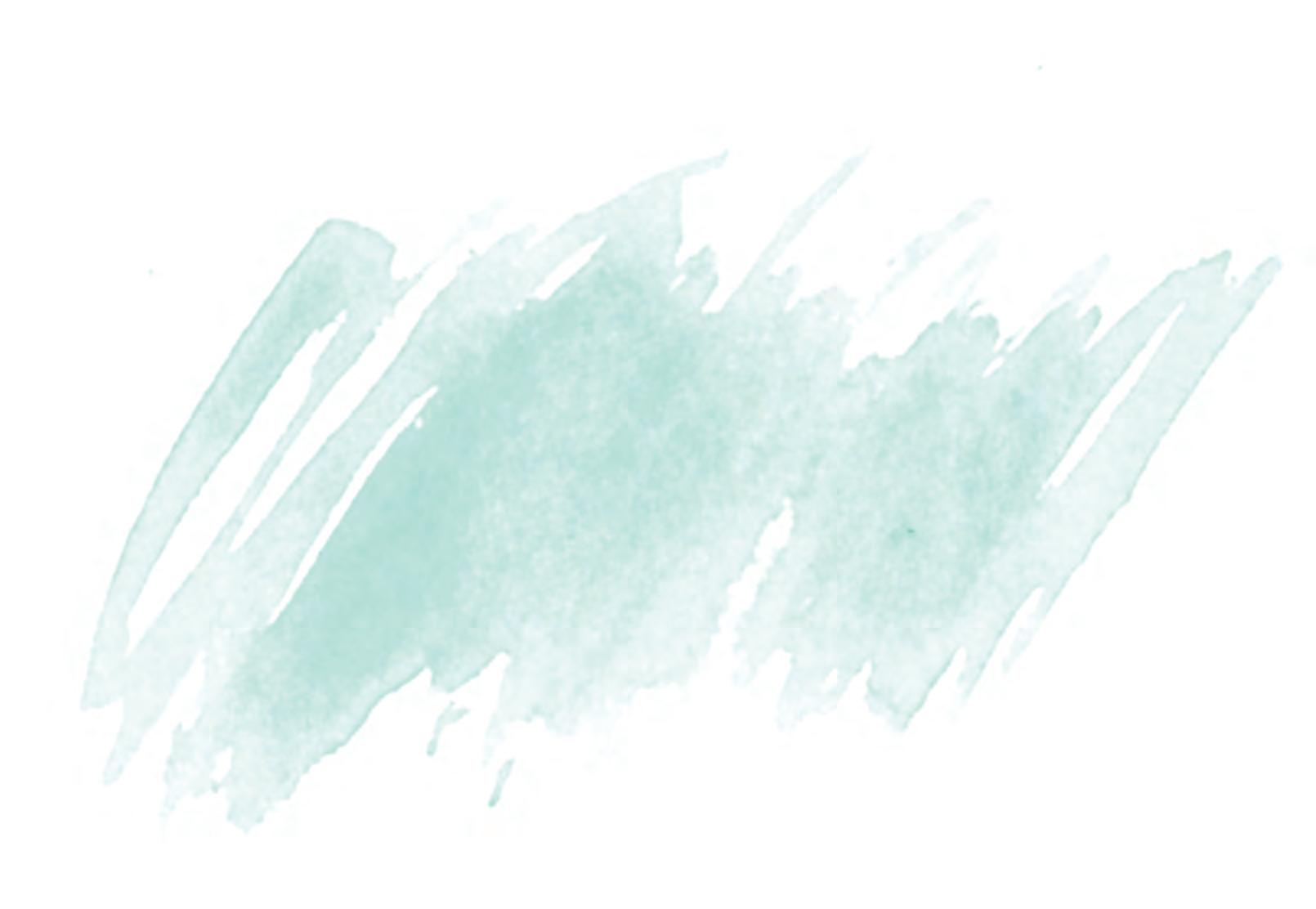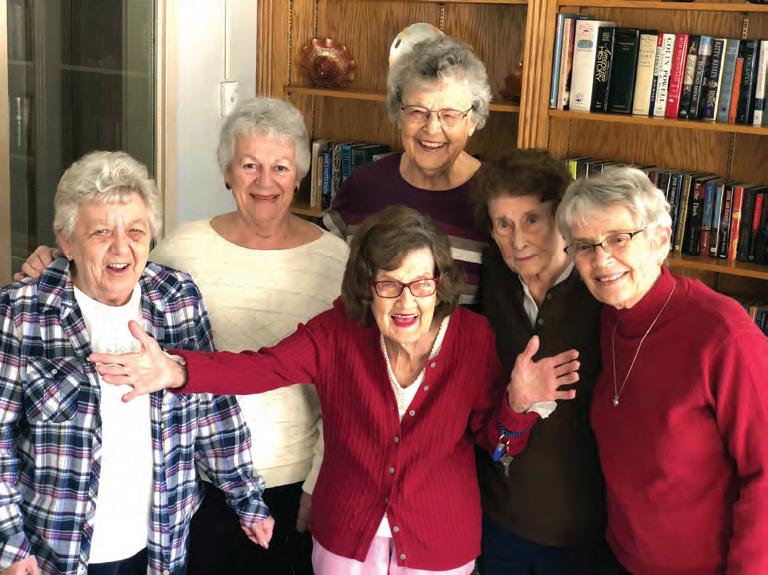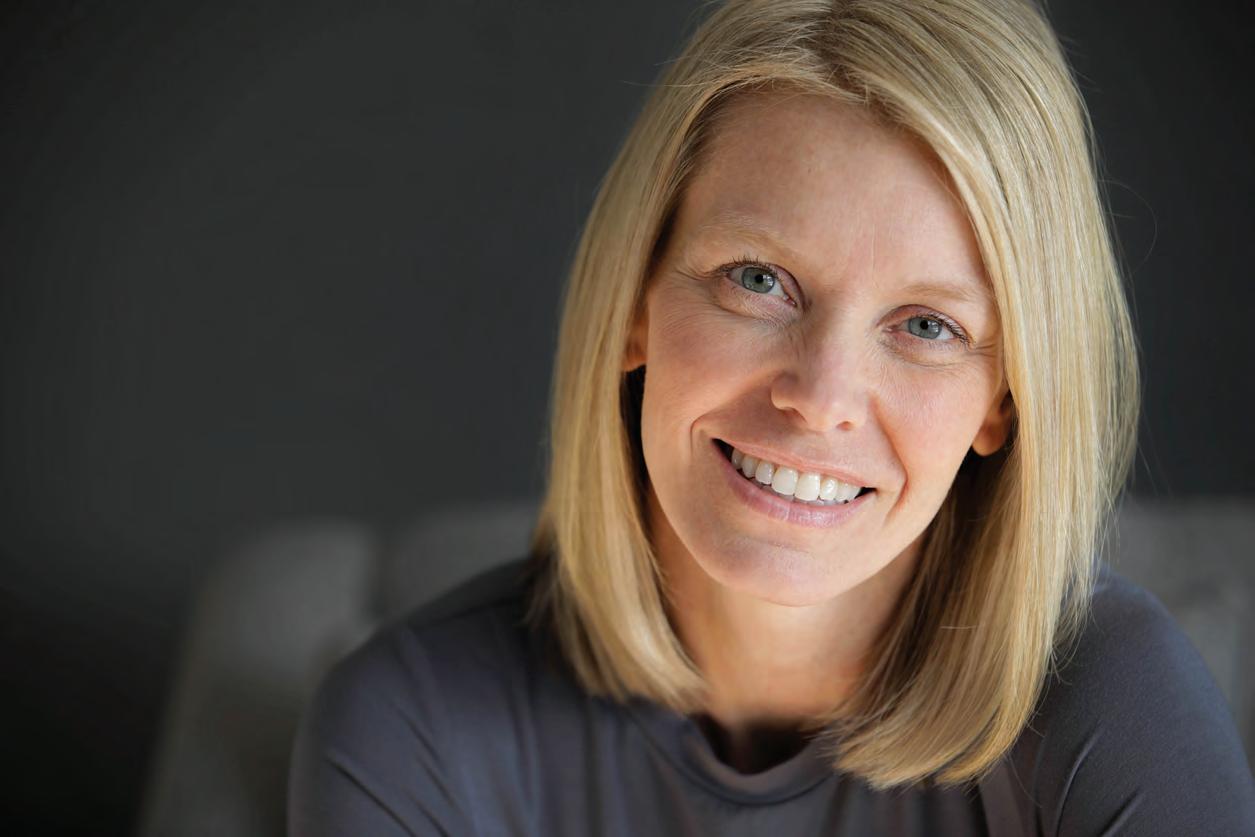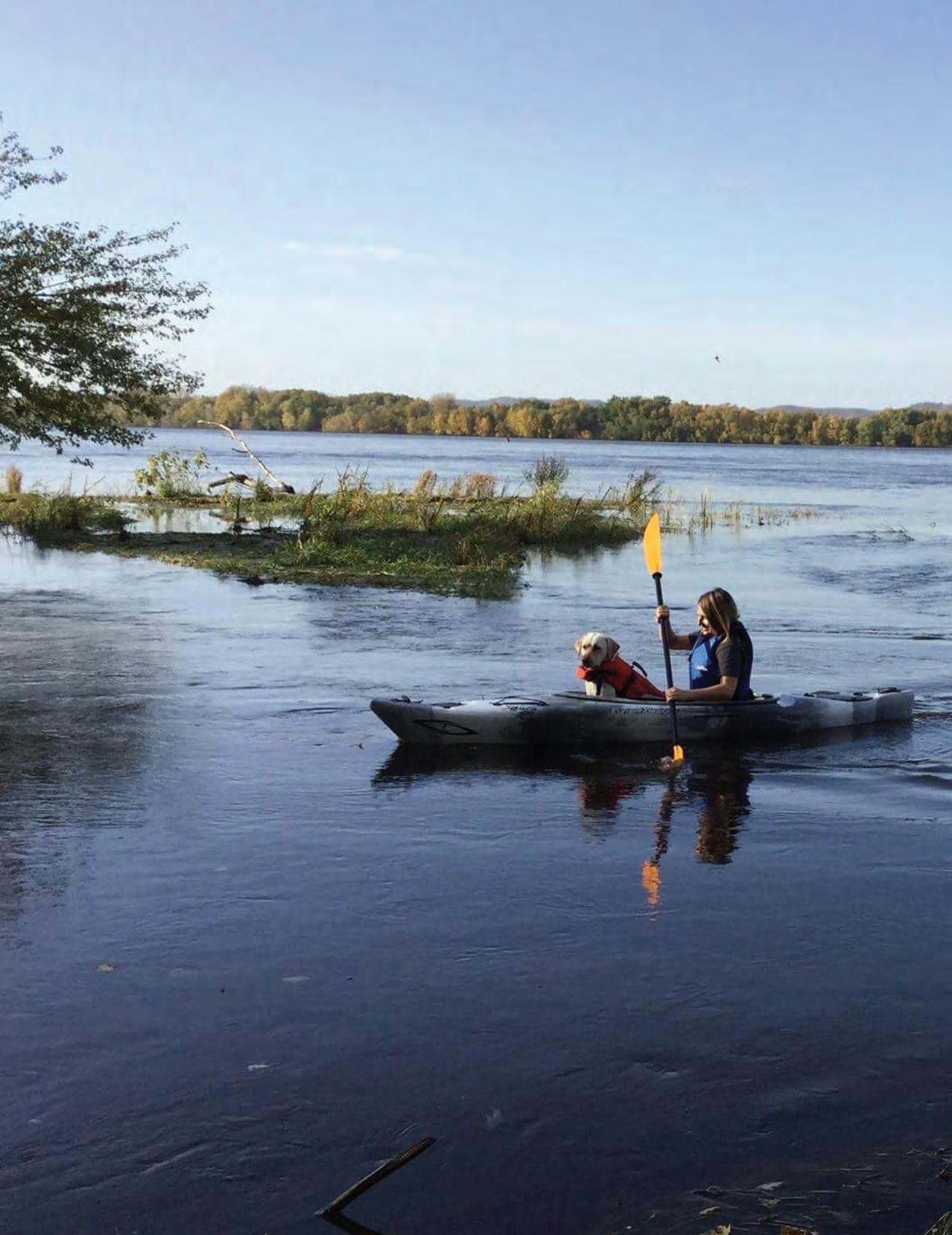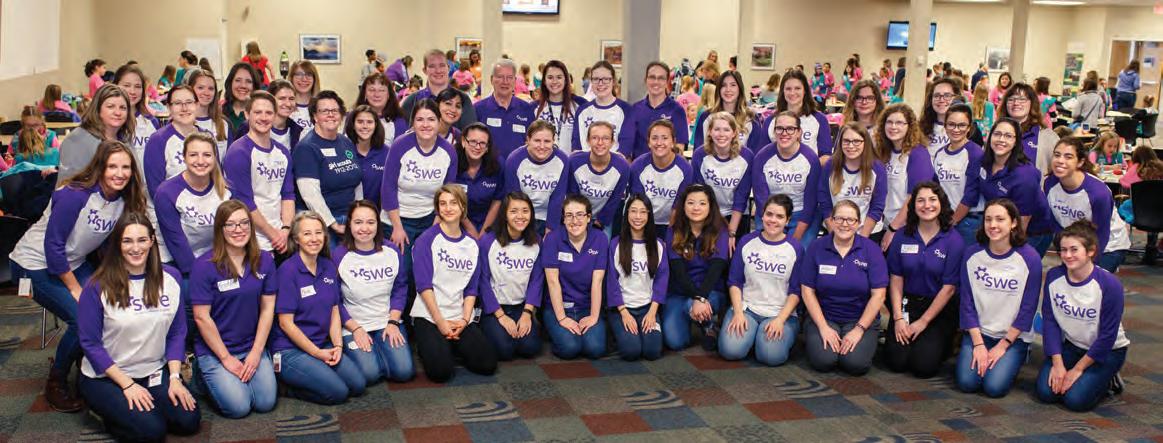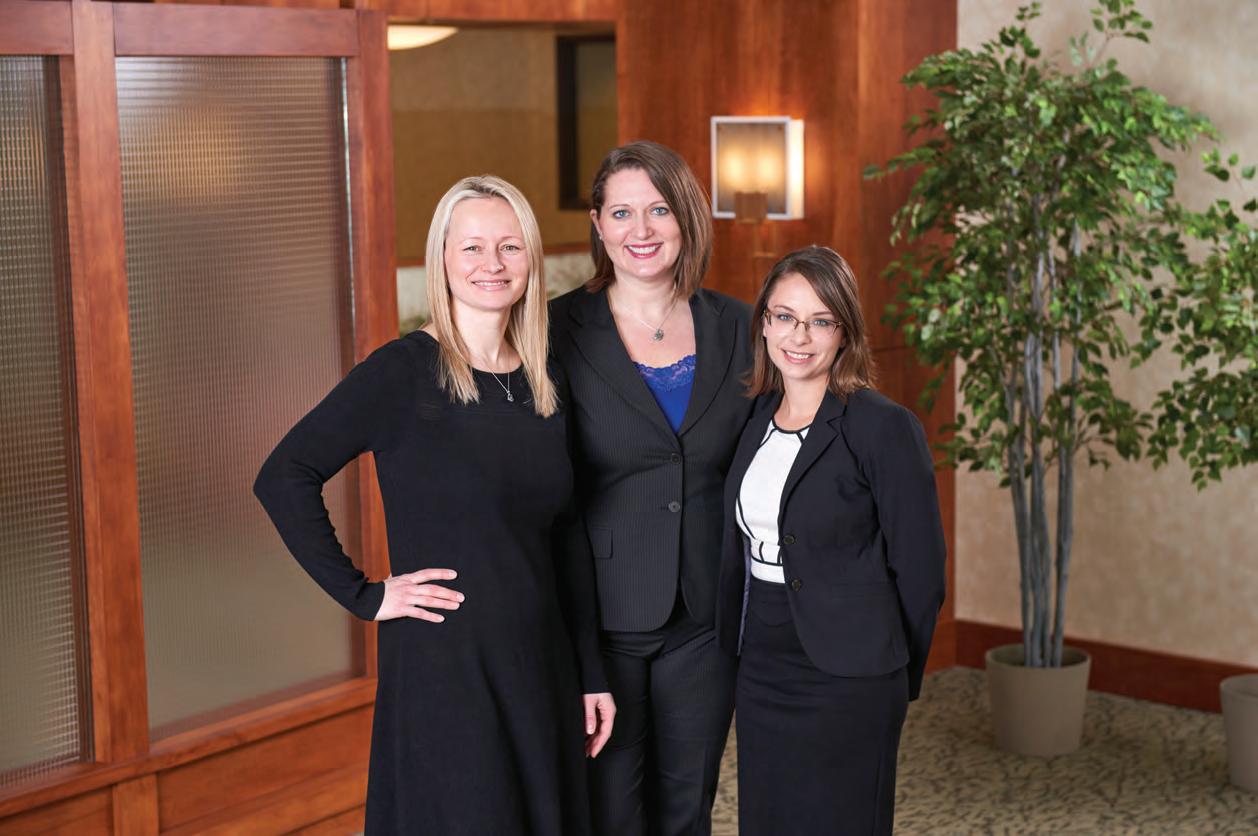A Place for Women in Engineering
S By Sara Schleuter
till considered a male-dominated industry, the field of engineering is experiencing women making their way in the field. However, much more needs to be done to help women feel included in this arena. According to a 2018 Forbes article, women make up more than half of college students nationwide. While more women today are earning college degrees than their male peers, the areas of STEM (Science, Engineering, Technology, and Math) are still incredibly male-dominated. In today’s workforce, only 13% of engineers are women. And sadly, more than 30% of women who have left the field of engineering have done so because of organizational company culture. Organizations such as the Society of Women Engineers (SWE) are hoping to change these facts by supporting and encouraging the thousands of women all over the country hoping to make a career in this field. We had the opportunity to hear from a local female engineer. Alexa Lodis, a process engineer at Boston Scientific, shared her perspective on women in the field of engineering and what advice she would give to aspiring female engineers. Lodis graduated in 2016 from the University of Minnesota with a B.S. degree in biomedical engineering. By continuing the conversation and encouraging those women in our lives who are interested in the field of engineering, we can be poised to help close this gap and create a balance in the field of engineering that will benefit everyone.
GF: So tell us, what inspired you to want to go in the field of science and engineering? Specifically, what drew you to the field of biomedical engineering?
AL: When I entered high school, I actually didn’t have the field of engineering on my radar. I was obsessed with TV shows like House so I was interested in medicine at the time. However, I joined FIRST robotics my senior year and loved it which made me investigate engineering. I enjoyed the team aspect of robotics combined with the technical challenge. It seemed more fun than work which made me think I should seriously consider it as my degree in college. However, I was not willing to give up my medical interest which is why I decided to study biomedical engineering. GF: Generally engineering has been a male dominated industry. What are some challenges or hurdles that you have faced in this industry? AL: My first full-time engineering job out of college was at a rural manufacturing plant so I ended up being the only female engineer in the process engineering group. It was a bit challenging because I was trying to learn how to be an actual engineer while trying to navigate some unconscious bias that existed because it was a male-dominated industry. I focused on doing the best I could on my work as well as working on my confidence in my work which allowed me to gain my coworker’s trust and respect. I tried not to stray from being myself even though I was different from most of the group. Another challenge that I have noticed as a female engineer is that there aren’t a lot of female technical leaders. This means that it is hard to find female role models that have a lot of technical experience. I’ve joined organizations like SWE (Society of Women Engineers) so that I can find these role models, even if they are not at my direct workplace. GF: What would be some advice you have for young women who want to pursue study in the field of science or engineering?
AL: If you want to go into the field of science or engineering, I highly encourage job shadowing before you go to college. This will provide you hand-on insight on whether or not the field is for you. It is hard to know if you will enjoy the profession without experiencing it or working on projects that involve science or engineering skills. There are so many opportunities now to immerse yourself in STEM through school clubs like robotics, camps at colleges, programs through SWE or TechnovationMN, or even free events like Hour of Code. GF: What are some goals or ambitions that you have in your career? AL: Generally, engineering has different paths you can go on, which include people management or a more technical route. I personally want to become a technical leader so that younger female engineers have more role models to look up to. I also currently have an interest in exploring the power of artificial intelligence for automating manufacturing inspections, so I hope to grow in that specialty as well. GF: Anything else you would like to share to aspiring females in the field of science and engineering? AL: I think joining an organization such as the SWE or another group that focuses on empowering women in science and engineering will be extremely powerful in enabling your success. I have also found that a company’s work culture can be equally or even more important than the work you are doing. My final piece of advice is that you do not need to be an expert in math to be in the field of science and engineering; if you are willing to learn and are passionate about solving problems, you will do great! Sara Schlueter is a writer and editor in Minneapolis with a passion for storytelling, all things Minnesota, and being involved in the community. SPRING 2020
southernminngirlfriends.com
23

